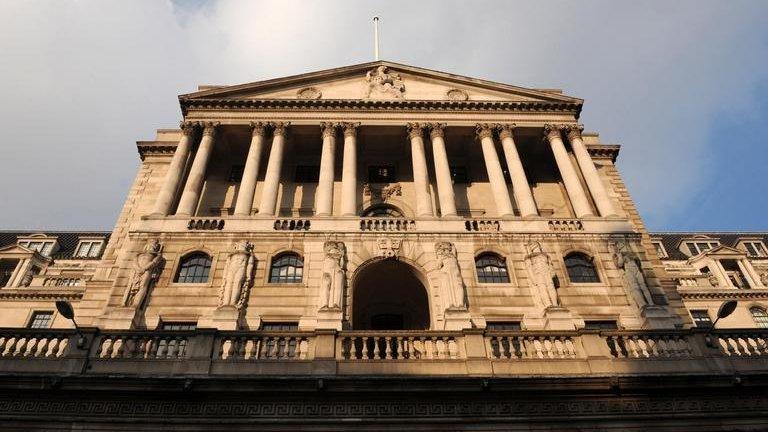Bank of England cuts wage forecast
- Published
Bank of England governor Mark Carney said interest rates were dictated by what he called ''headwinds'' in the UK economy
The Bank of England has halved its forecast for average wage growth, saying it now expects average salaries to rise by 1.25% this year.
The forecast comes as official figures showed average wages excluding bonuses grew by 0.6%.
That is the slowest pace of growth since records began in 2001.
However, the Bank upgraded its growth forecast for this year to 3.5% from 3.4%, and for 2015 it forecast growth of 3%, up from 2.9%.
The Bank's latest quarterly economic forecast also indicated that it believed the level of spare capacity in the UK economy has narrowed to around 1% of GDP.
In February, it said it believed the amount of spare capacity in the economy was within a range of between 1% and 1.5% of GDP.
'Semblance of normality'
Spare capacity is the Bank of England's measure of the extent to which the UK economy is underperforming, as a result of a lack of business investment either in hiring new staff, technology or machinery. It has become one of the key measures that will determine when interest rates begin to rise.
"Even if spare capacity was eliminated at a stroke, the level of bank rate would not rise materially above its current level" because of global economic headwinds, Bank governor Mark Carney warned.

Analysis: Simon Jack, Business correspondent
So when will rates rise? It is clear that the Bank of England is looking very closely at wage growth however, the governor said that he was also looking at prospective wage growth.
So, if reports from employment surveys started to show that new hires were commanding higher wages, then rates could rise even if the current data was still weak.
The Bank would be reluctant to do that unless it was sure, as without wage growth any interest rate rise would be taking money straight out of the economy as borrowers would have more going out without more coming in.
Financial markets (the so-called smart money) are betting interest rates will hit 0.75% in February next year and on current information, the Bank are comfortable that markets have got it right.

"The economy is returning to a semblance of normality, but whether normality in terms of real wages returns will depend on improvements in productivity," Mr Carney said.
He also admitted: "Not surprisingly, there is a wide range of views on the [Monetary Policy] Committee about the likely degree of spare capacity in the economy."
The Bank's quarterly inflation report said: "Domestically, output is sensitive to the assumption that a gradual revival in productivity and real household incomes help to underpin a sustained expansion.
"Productivity growth has shown few signs yet of a recovery and is now projected to pick up more slowly than anticipated in May," it continued.
Interest rates
Mr Carney said there were still "a lot of uncertainties to contend with" given record participation in the jobs market, "remarkably weak" wage rises and a rising number of threats to the global economy.
He said that whenever interest rates did increase, they would still do so gradually.
"What we are putting emphasis on, is the path of interest rates, which is limited and accommodative," Mr Carney said.
Chris Williamson, chief economist at economic data firm Markit said it is was likely that "calls to raise interest rates would start to gather strength in coming months," but that an interest rate rise still looked some way off.
He added: "February therefore still looks the most likely month for the Bank to dip its toe into the water as far as tightening policy towards more normal levels is concerned, though November remains a possibility if the wages data pick up in coming months."
- Published13 August 2014
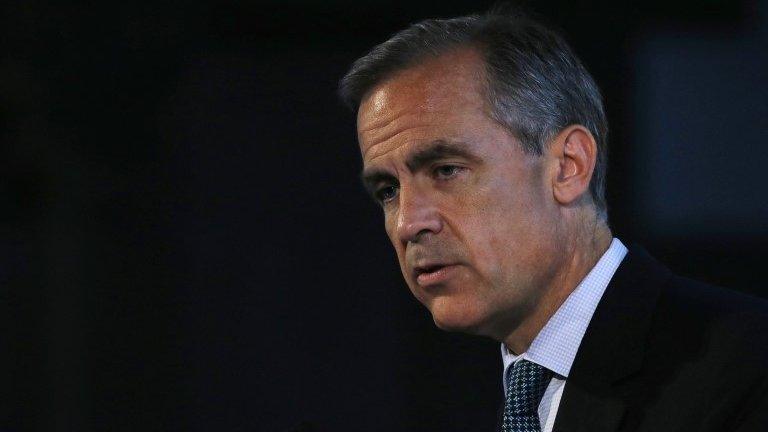
- Published13 August 2014
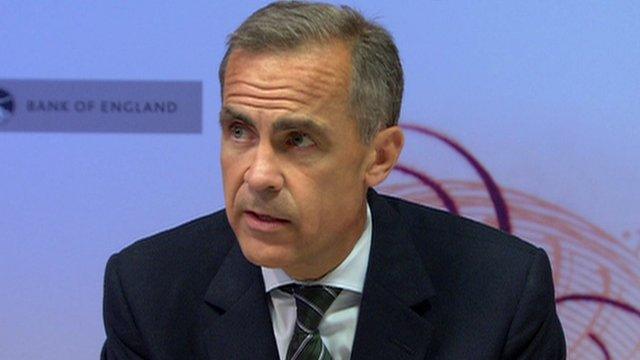
- Published13 August 2014
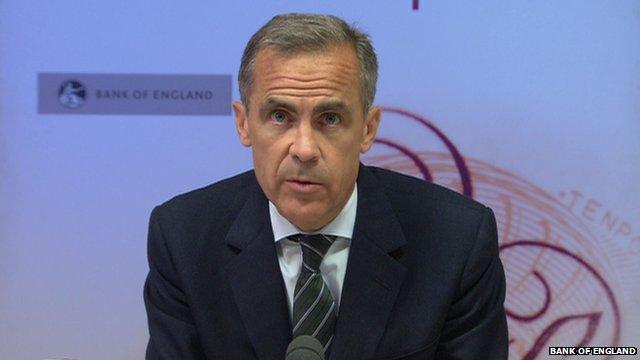
- Published13 August 2014
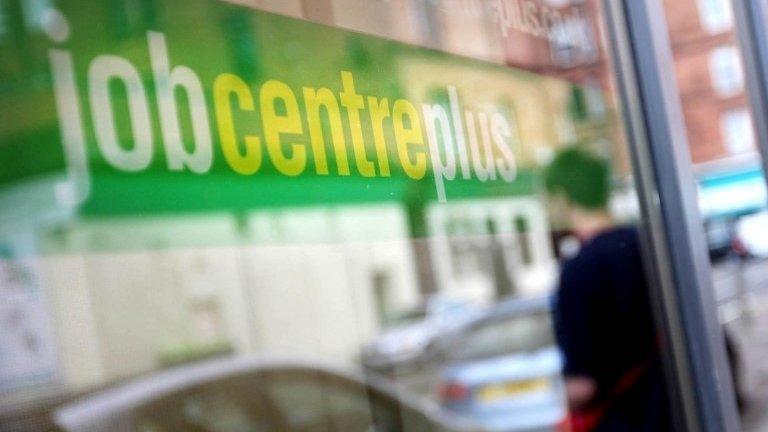
- Published10 July 2014
